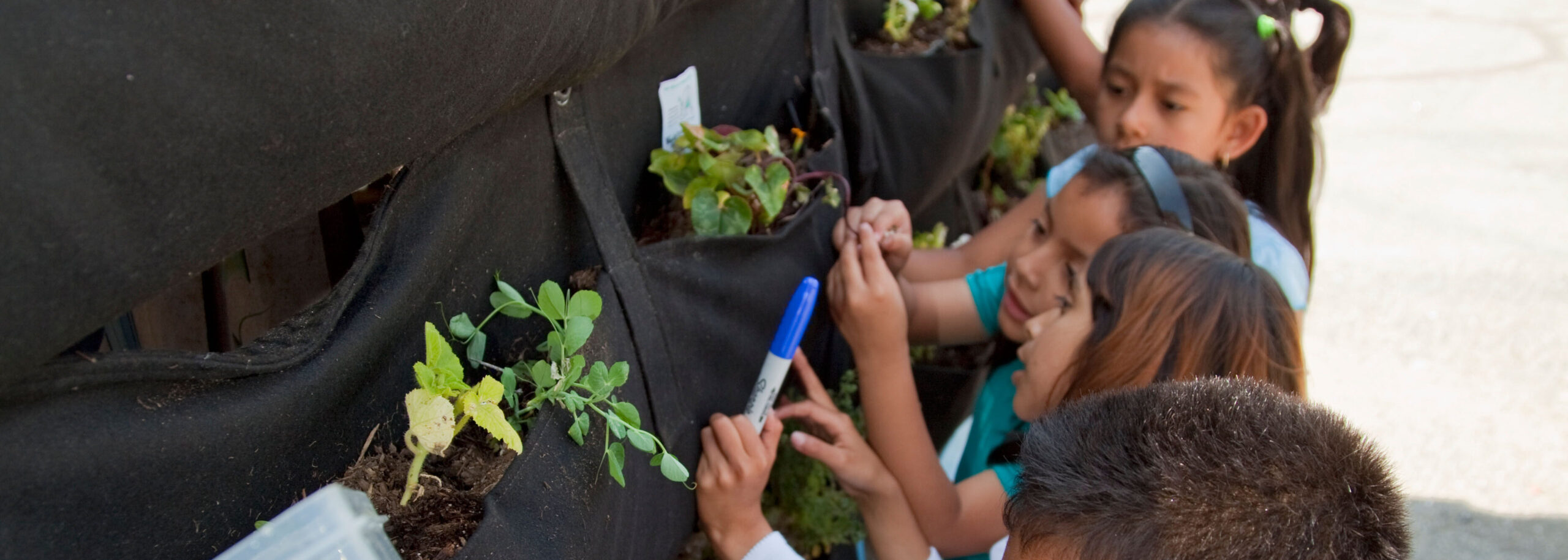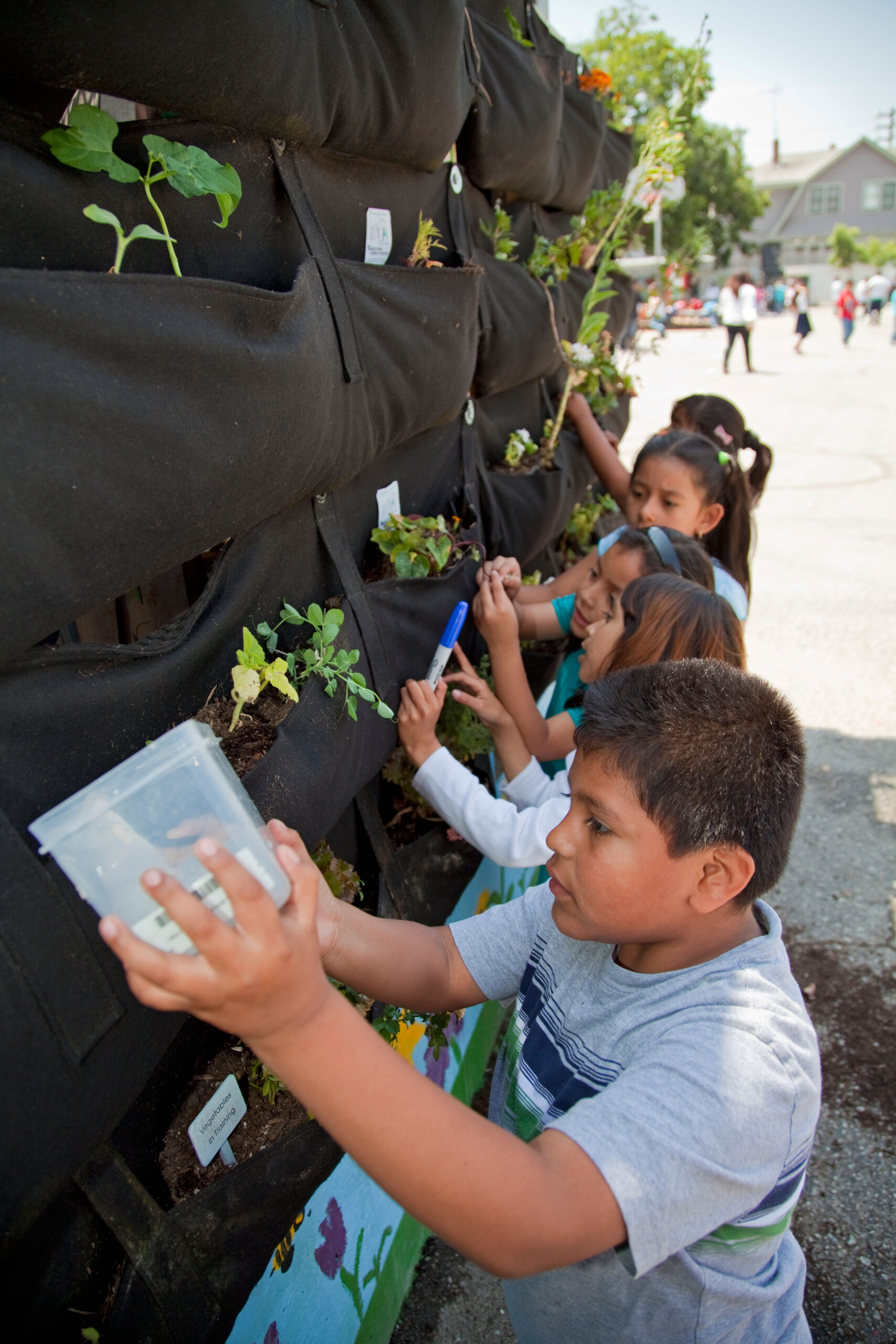Published: 03/02/2023
Sustained investment over ten years will help ensure health & educational equity on a warming planet
By Jamie Hansen, Communications Manager
For children in California — and many other parts of the world — the impacts of climate change are as close as the air they breathe. Increased wildfires threaten children’s health with exposure to toxic smoke, and their education with school closures and lost learning days. Extreme heat, floods, and the mental health impacts of climate change also endanger their health and education.
In response to these growing challenges, a coalition of more than fifty stakeholders has released a new report urging California leaders to make a ten-year investment to ensure TK-12 public schools can remain open, safe, and healthy places for children. This investment would double the state’s yearly expenditure on school infrastructure and deliver long-lasting benefits and savings related to youth health, well-being, and future productivity. It would help ensure that all children have access to continuous education, clean air, and safe facilities, regardless of their zip code.
There is no question that climate change poses a serious risk to children’s health, and all schools must be equipped to protect kids’ health and learning as much as possible.
Lisa Patel, MD, lead author
“There is no question that climate change poses a serious risk to children’s health, and all schools must be equipped to protect kids’ health and learning as much as possible,” said Lisa Patel, MD, clinical associate professor of pediatrics at the Stanford School of Medicine, a Global Health Faculty Fellow, and lead author on the report.
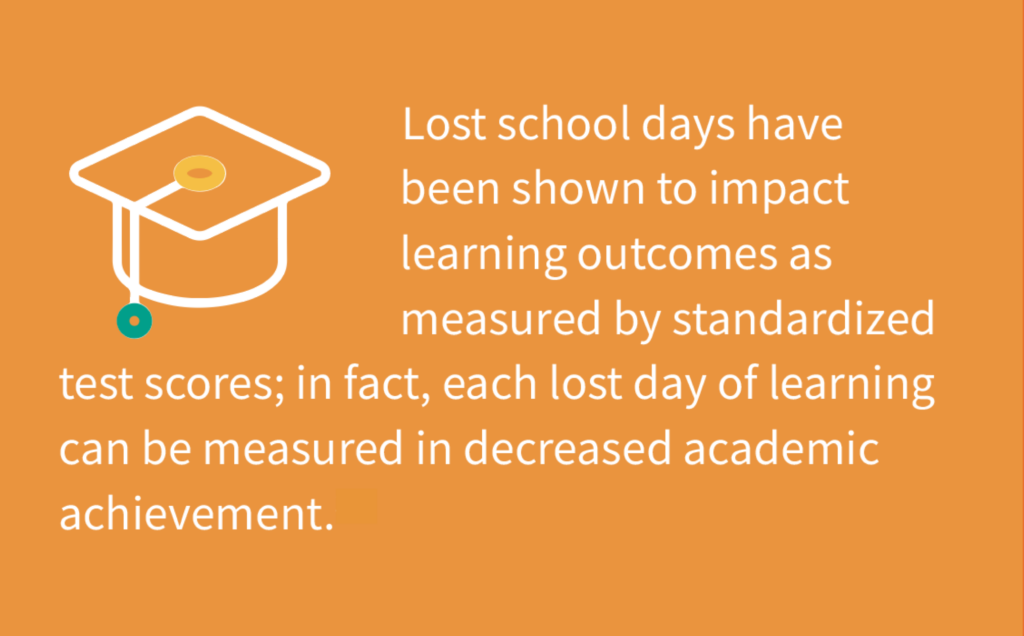
Climate-Resilient California Schools: A Call to Action, is the first comprehensive study of climate-driven impacts on children in California. It lays out an immediately actionable plan, drawing together research from the pediatric, public health, climate, and education sectors. It was led by Stanford University’s Sean N. Parker Center for Allergy and Asthma Research, the Action Lab for Planetary Health at the Center for Innovation in Global Health (CIGH), the University of California, Berkeley’s Center for Cities + Schools, Ten Strands, and UndauntedK12.
Informed by four workshops with state agency leaders, educators, students, and technical partners, the report calls on state leaders to develop a master plan that aligns strategic investments in the state’s school system with its public health and climate mitigation goals. Through fourteen recommendations reflecting three essential dimensions of school — campus, community, and curriculum — the report lays out solutions to improve health and education outcomes for students, return savings to school districts, and grow jobs in sustainable, future-facing industries.
The report calls for doubling the current annual investment in TK-12 school infrastructure over the next 10 years. California schools currently invest about $7 billion in school infrastructure each year, which this report argues is inadequate to maintain safe and healthy learning environments, let alone keep up with the new demands climate change places on school systems.
Evidence suggests that, while climate-driven events are already impacting education, school campuses are not prepared to meet them. A 2020 study found that only about 15 percent of classrooms studied met the indoor air quality ventilation standard.
This report calls for state and federal spending to increase to $15 billion annually throughout the next decade, yielding significant savings in health care costs and benefits from improved learning, along with an estimated 150,00 new jobs.
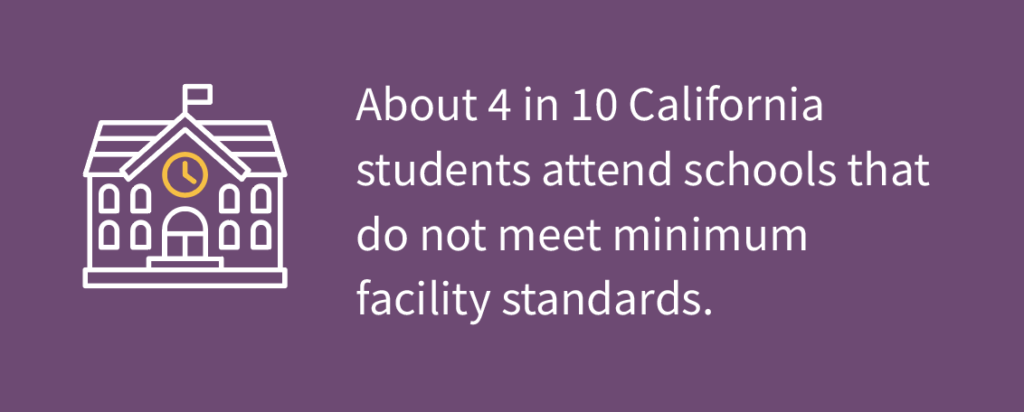
“Most of California’s schools were built long before anyone knew anything about climate change,” said Jonathan Klein, co-founder of UndauntedK12. “These buildings were not designed to handle things like wildfire smoke and extreme heat.”
Without proactive action, climate change’s impacts on schools stand to deepen existing inequities. The 60% of public school children who come from socioeconomically disadvantaged families are disproportionately vulnerable – often attending schools and living in homes that lack the adequate infrastructure to protect them from heat, smoke, and other hazards.
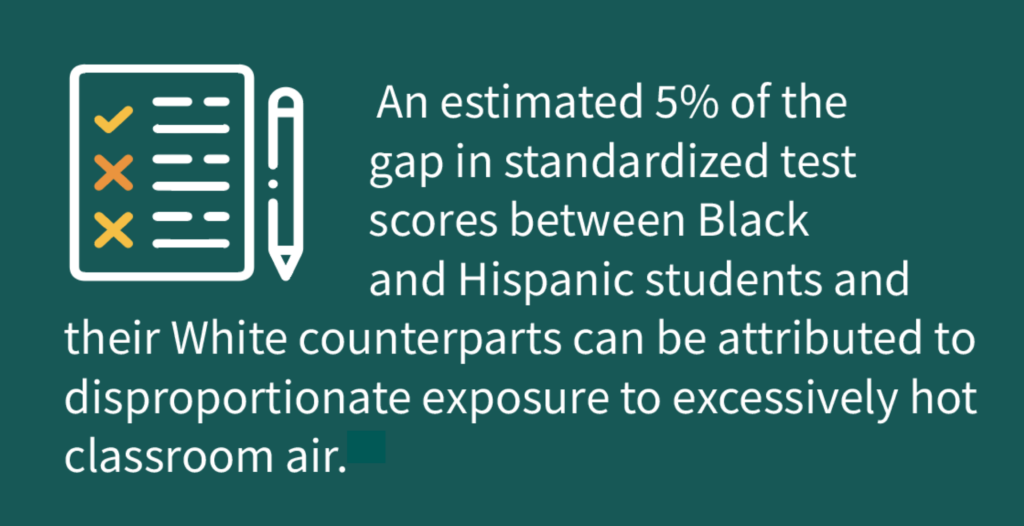
“We need to ensure that it’s not just those with wealth and resources who can insulate themselves from impacts of climate change,” said Erika Veidis, planetary health program manager at CIGH and a co-author of the report. “This initiative is centered on equity, ensuring that future investments support all California children, but especially those without the resources to seek shelter elsewhere.”
This initiative is centered on equity, ensuring that future investments support all California children, but especially those without the resources to seek shelter elsewhere.
Erika Veidis, Planetary Health Program Manager, CIGH
As leader of CIGH’s Action Lab for Planetary Health, or ALPHA, Veidis collaborated with Patel and other Stanford faculty to translate findings on the health risks of wildfires into policy recommendations to improve sustainability and resilience. She said she hopes this interdisciplinary approach can be a model for combining research with public policy in order to address the negative impacts of climate change and environmental destruction on human health.
The effort complements other initiatives underway at Stanford to mitigate climate change’s impact on schools and children.
In partnership with school districts and environmental justice organizations, the Climate and Energy Policy Program at Stanford’s Woods Institute for the Environment is working on a research project to deploy low-cost air quality monitors across K-12 schools at high risk for wildfire smoke. The project seeks to support evidence-based guidelines on school operations during high wildfire smoke days and make the case for more capital investments in energy-efficient HVAC and portable air purifiers to create healthier and more energy-resilient schools.
“School shutdowns disrupt our kids’ learning and harm their mental health. COVID-19 proved that beyond doubt,” said Jeff Vincent, co-founder of UC Berkeley’s Center for Cities + Schools. “Now we need to make all our schools climate-resilient.”
To find out more and to read the report, click here.
——–
The Stanford Center for Innovation in Global Health (CIGH) enables emerging leaders and multi-disciplinary researchers to solve global health challenges and improve health equity. CIGH is based at the Stanford School of Medicine and hosts the Action Lab for Planetary Health (ALPHA), which partners with Stanford researchers to develop evidence-based strategies, partnerships, and messaging to influence policy and grassroots actions that protect people and the planet.
Title photo credit: Peter Bennett / Alamy Stock Photo Agency
